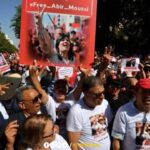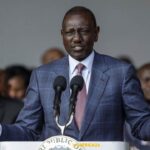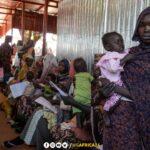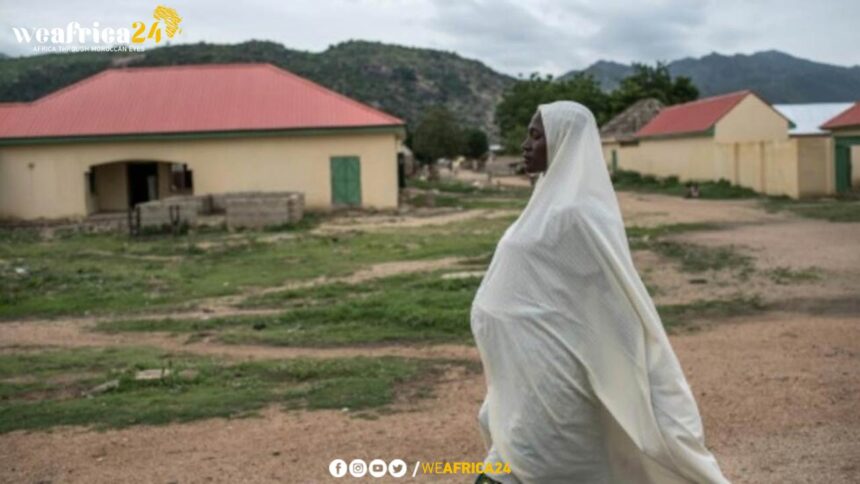Gwoza struggles to recover from the triple bombing over the weekend that claimed 32 lives and injured around 100 people. Life seemed to be returning to normal in this martyr city, reclaimed by the Nigerian army with the help of the multinational joint task force and heavily supported by the Borno State government.
Over the past three years, tens of thousands of residents have returned to Gwoza, the former capital of Boko Haram’s self-proclaimed Caliphate from 2014 to 2015. The World Food Programme (WFP) has been providing food aid and financial assistance to help these returning residents. However, the recent bombings have sparked fears of renewed displacement.
In Gwoza, the Nigerian army lifted the curfew last Tuesday. Despite this, Chi Lael, the spokesperson for the World Food Programme in Nigeria, expresses concern over the impact of the triple bombing on the residents. “Something as simple as going to the market becomes a matter of life and death because they don’t know if they will be targeted. They could easily lose their lives,” she explains.
Gwoza, long occupied by Boko Haram, has witnessed the return of tens of thousands of displaced people, primarily farmers. Following the weekend’s bombing, many are now too afraid to tend to their fields. Chi Lael notes, “Regions like the north are supposed to be the productive zones of Nigeria. The food production from this area is essential to feed the entire country. If agriculture is not practiced in northern Nigeria, millions will suffer from hunger.”
The WFP warns that this year, the food crisis could affect 32 million Nigerians, exacerbated by insecurity in both the northeast and northwest regions of the country.
The recent violence highlights the fragile stability in Gwoza and underscores the urgent need for continued humanitarian support and security measures to protect the residents and ensure food security for the nation.







